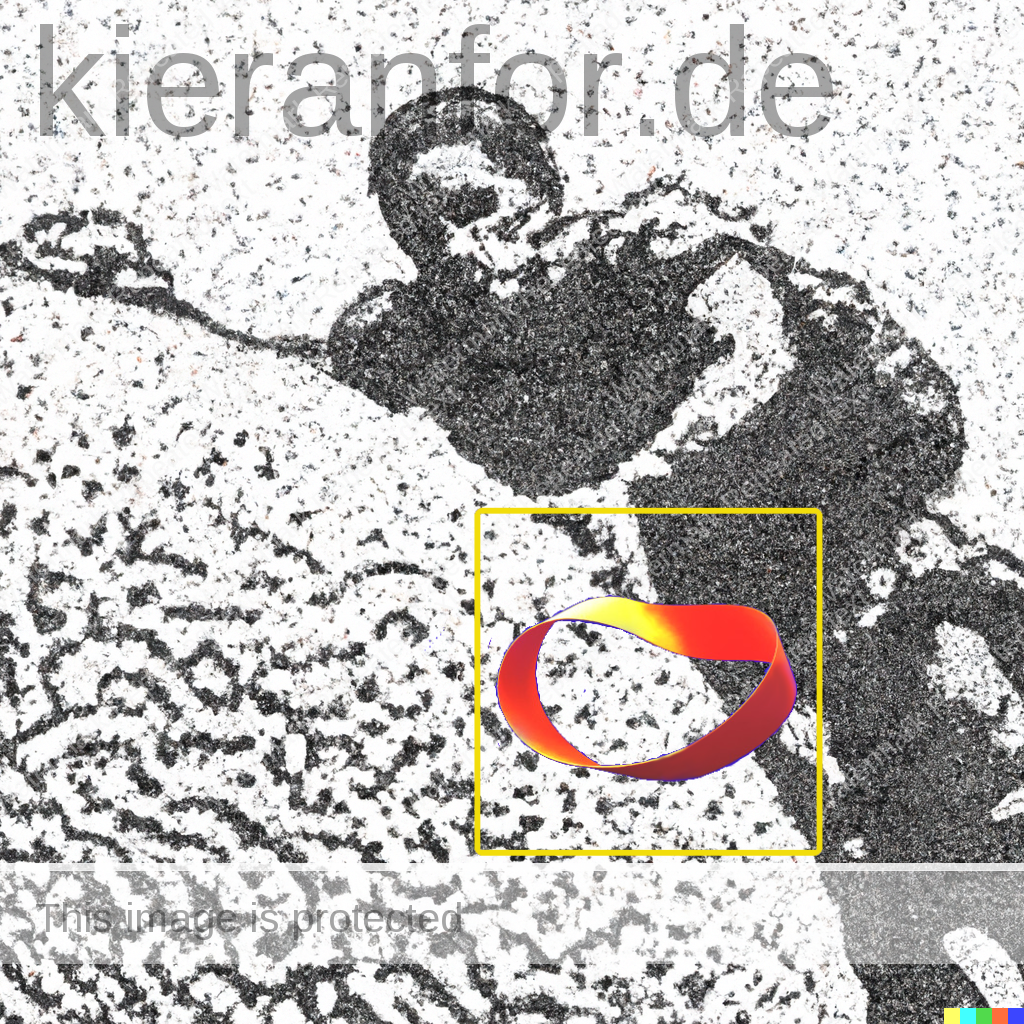Header image: KF in Dall-E
Iftody, T. (2013). Letting experience in at the front door and bringing theory through the back: Exploring the pedagogical possibilities of situated self-narration in teacher education
- situated self-narration: Drawing on poststructuralist views of language and subjectivity and framed by a ‘pedagogy of possibility’, situated self-narration involves three main discursive strategies: interruption, interrogation and interpretation.
- I engage what it means to say that the way we ‘word the world’ matters through my own interpreted experience as an evolving yet situated subjectivity; a consciousness-that-teaches.
- Pedagogy, as a means of both deliberately organizing one’s experience and ‘organizing that someone to experience’ (Segall, 2004, p. 482) creates opportunities for considering (and reconsidering) ‘under what conditions and through what means “we come to know”’ (Lusted, 1986, p. 3).
- How might memory be mobilized as a generative resource for an ‘always-becoming’ (Klein, 2005b) ‘working subjectivity’ (Zembylas, 2003)?
- Agency is experienced as the representational ‘capacity to intervene in the world’ (Britzman, 2003, p. 46) and depends on speaking/writing subjects who are willing and able to ‘take up the act of authorship…in ways that are disruptive of current discourses, that invert, invent and break old bonds, that create new subject positions’ (Davies, 1991, p. 50).
- Implicit in these critiques is a concern about the pacification of knowers and what is to be known. When knowledge is reduced to rigid directives that demand little else from the knower than acquiescence, knowers are bereft of their capacity to intervene in the world, and knowledge is expressed as static and immutable. (Britzman, 2003, p. 46)
The qualities of the world are there for those who have the skills to take them (Eisner, 1988, p. 15).
- For Eisner (1988), experience is not merely an event, but an achievement. Given the ‘primacy of experience’, Eisner suggests, it is our attunement to ‘the qualities we experience that provide the content through which meaning is secured’ (emphasis added, p. 15).
- the devaluing of autobiographically oriented inquiry as self-indulgent scholarship arises from the fundamental ‘failure to grasp that looking inward can lead to a more intelligent and useful outward gaze…pointing outward towards the political and the social’ (p. 4).
St. Pierre, E. (2000). Poststructural feminism in education: An overview. Qualitative Studies in Education, 13, 477–515.
- One of the most significant effects of deconstruction is that it foregrounds the idea that language does not simply point to preexisting things and ideas but rather helps to construct them and, by extension, the world as we know it. In other words, we word the world. The ‘‘way it is’’ is not ‘‘natural.’’ We have constructed the world as it is through language and cultural practice, and we can also deconstruct and reconstruct it. There are many structures that simply do not exist prior to naming and are not essential or absolute but are created and maintained every day by people. As Butler (1995) says, the foundations are contingent, not necessary, not absolute, and therefore open to change.
“Sensitive people feel so deeply they often have to retreat from the world, in order to dig beneath the layers of pain to find their faith and courage.”
― Shannon L. Alder
KF: I cannot find a quote about travel I read many years ago. I leave this note here as a prompt to keep it in mind.

